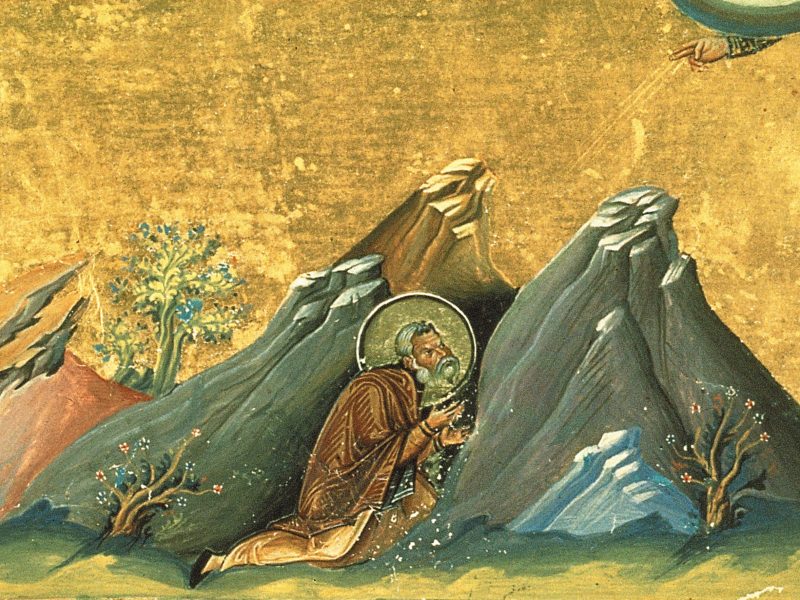Last week I discussed some of the ideas of Yuval Harari. He uses atheistic evolutionism to justify all sorts of moral atrocities. If you didn’t get a chance to read that article, you can read it here. In this email, I want to expand upon why exactly Harari is lead to these conclusions, and what the alternative Catholic account is.
Harari points out at one point in Sapiens that all past cultures have believed that morality is woven into the fabric of the world. Just as a rock must fall downwards, so too ought a man not to kill another innocent man. It is certainly very true that all the ancient pagan religions and most ancient philosophies shared this in common with Christianity. Of course, there were many materialists and relativists in the ancient world, such as those we see Socrates engaging with, but Harari is mostly correct here.
However, Harari notes that (according to the principles of his atheistic evolutionism) there is no such moral law. Everything is as it was due to the blind forces of random mutation and natural selection. There is no scientifically detectable moral law. He thinks that moral laws are actually a fiction we come up with in order to live harmoniously with one another.
Harari is well aware of the shocking implications of this. For example, he notes that the liberal notion of human rights has to invent a fiction in order to justify itself. He is correct liberal rights are based upon a legal fiction. Harari incorrectly though thinks that this liberal notion of human rights is a continuation of Christian theology. However, the Catholic conception of rights are very different from the liberal view. It is this failure to address real rights that causes Harari’s view of ethics to fail.
As I have written about elsewhere, the liberal theory of rights is based upon Thomas Hobbes’s rejection of Genesis. It makes rights entirely disconnected from the natural law and justice. However, under the classical view of rights, right (ius in Latin) is the object of justice (iustitia). Rights came about because under the law, someone was owed something which was his due. If it was under the human law (law created by human governments), it was a merely legal right. If it was under the natural law, it was a natural right. So, for example, a parent has the natural right to raise their child because the child is owed the care of parents, and this obligation cannot be fulfilled without the right to do so. This right is not some arbitrary fiction but is rooted in what is necessary for the flourishing of human nature. (This is of course a highly oversimplified explanation of a complex topic. This excellent lecture from Pater Edmund Waldstein explains it in more detail.)
Natural right then requires natural law. St. Thomas Aquinas explains the different types of law in detail in the Prima Secundae of the Summa Theologica. In God’s mind, there is an eternal moral law. When God creates the world, he also created a morally law within the world. That is, through reasoning about our human nature and what tends to the wellbeing of our nature, we can discern moral truths. Since some truths (such as the Incarnation) cannot be known by reason, and even the natural law may be misunderstood, God also gave a divine law through the prophets and apostles. Finally, since the natural law does not specify everything (such as what color a stop sign should be), God requires governments to make human laws. However, a genuine human law must be in line with the natural law. Otherwise, it is not a law at all.
The natural law then is directly tied with human flourishing. It is what enables us to be virtuous people by directing us to the good and away from evil. It is also the only foundation for human rights because those rights are grounded in nature and ordered to an end. It is important to understand that the natural law is what is good for human nature. At one point, Harari argues that there is nothing wrong with homosexual acts because they are found among animals and are therefore natural. This attacks a strawman though. Homosexual acts are unnatural because they go against the proper use of our faculties and are therefore not conducive to human flourishing.
We can also see now why Harari thinks that morality is a fiction: he lacks the doctrine of creation. If there is no creation, and therefore no Creator, then there is no moral law created in the universe. Any moral law would have to be an imposition from outside, such as a fiction made up by humans. Once we realize God did create the world though, then we can reclaim true morality and the natural law.


